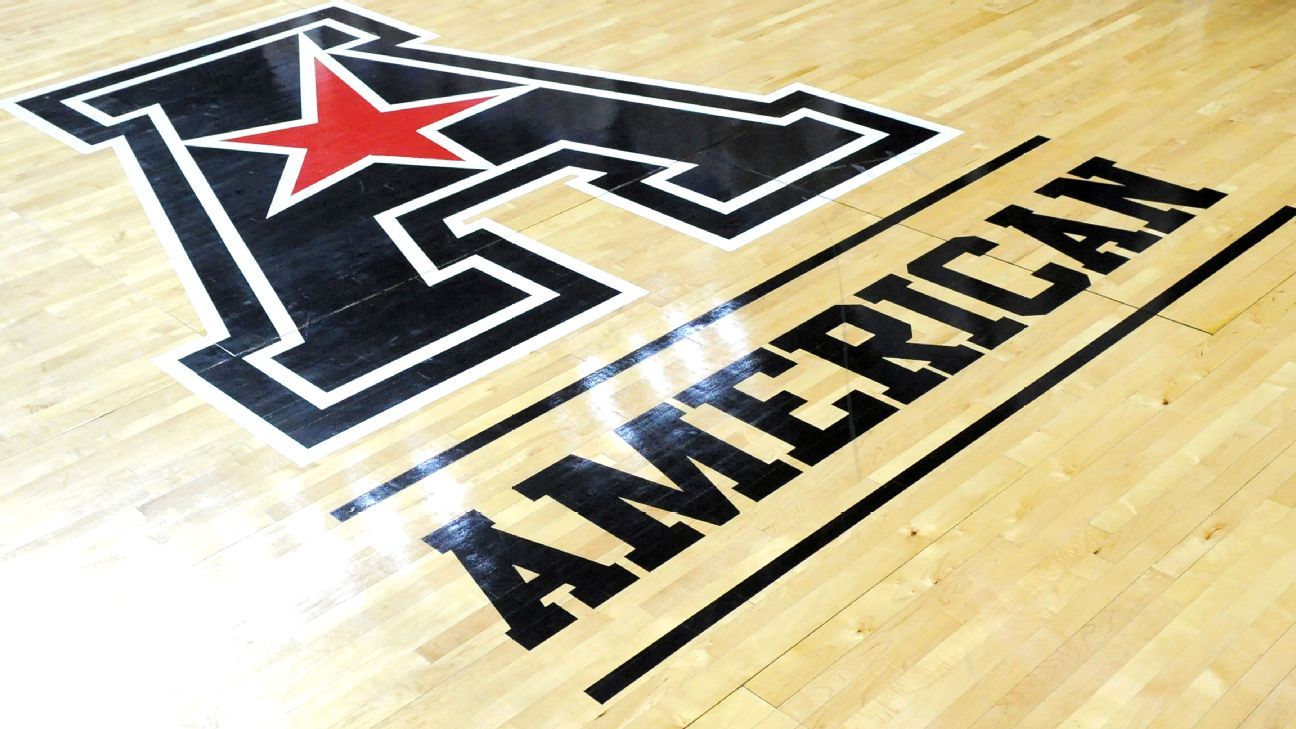American Athletic Conference commissioner Mike Aresco will retire at the end of the 2023-24 academic year, he announced Thursday.
The only commissioner in the conference’s history, Aresco has steered the AAC through turbulent times over the course of its 11-year history. Initially hired as commissioner of the Big East in 2012, he oversaw the creation of the AAC as a result of conference realignment that led to the Big East going back to its basketball roots.
The FBS schools that remained expanded the conference, adding UCF, Cincinnati, Houston, SMU and Memphis to form its first iteration in 2013. The following year, Louisville (ACC) and Rutgers (Big Ten) had gone, so Aresco added East Carolina, Tulane and Tulsa to the mix.
Last year, the AAC was forced to change again after UCF, Cincinnati and Houston left for the Big 12. Aresco added UAB, Charlotte, Florida Atlantic, North Texas, Rice and UTSA. SMU leaves for the ACC in 2024, but Army will begin playing in the league as a football-only member that same season.
During his run as commissioner, Aresco pushed hard for inclusion in the Power 5 conversation. He always referred to his conference as one of the “Power 6” and used the undefeated run UCF made in 2017 to prove his point. He pushed hard that season for College Football Playoff inclusion, but UCF finished No. 12 in the final CFP rankings at 12-0.
That started a conversation about Group of 5 inclusion in the four-team playoff, one that was rewarded in 2021. Cincinnati became the first Group of 5 team to make it into the College Football Playoff, before losing to Alabama 27-6 in the semifinals.
“It has been the supreme privilege of my long career in sports to have had the opportunity to lead this great conference from its reinvention in 2013, and to represent its outstanding student-athletes, coaches and administrators,” Aresco said in a statement. “There have also been some disappointments and difficulties along the way, most notably, the P5-G5 divide, realignment, College Football Playoff access for our deserving teams, and some competitive heartbreak in big games.
“But these have not affected in any way my enthusiasm in leading this terrific and resilient conference or my optimism for its long-term future.”
During his tenure, the AAC produced four NCAA championship teams, a College Football Playoff semifinalist, four New Year’s Six bowl champions, two NCAA men’s Final Four teams and six women’s Final Four teams.
